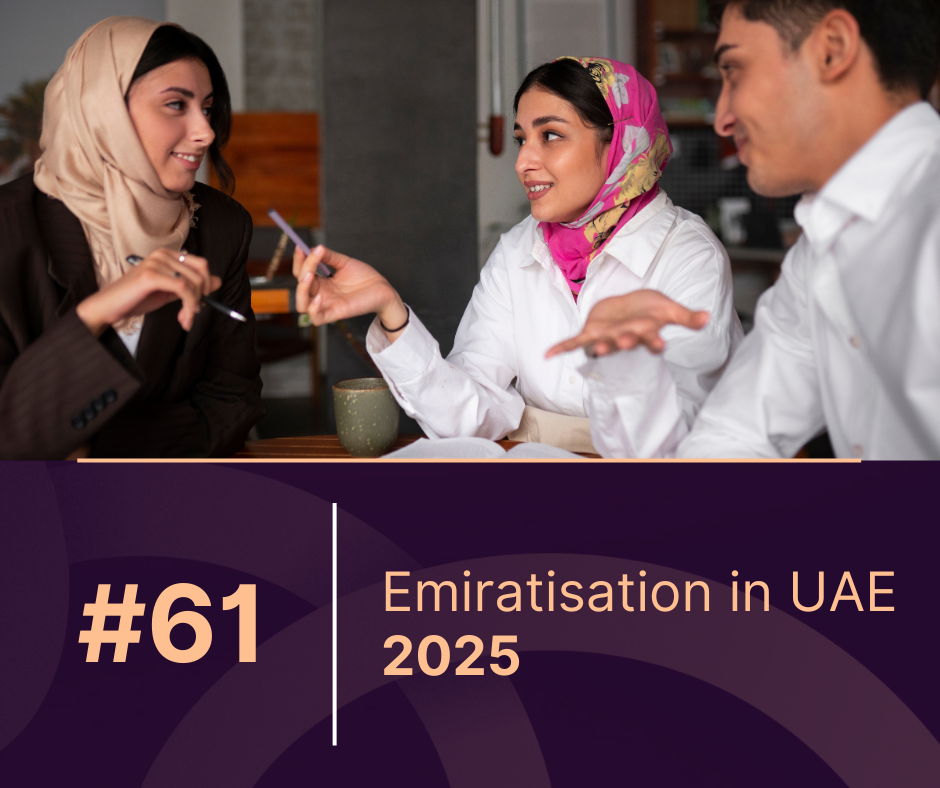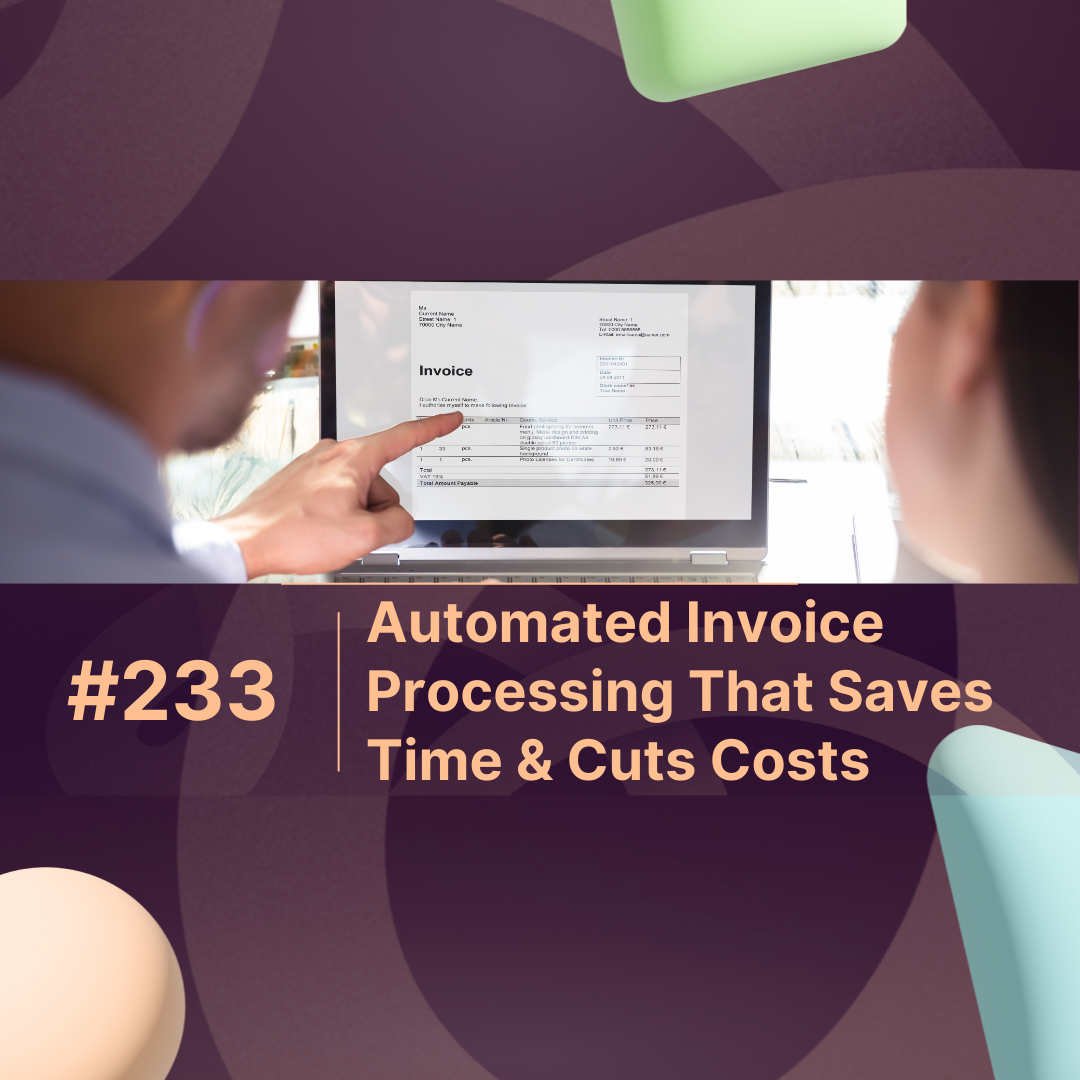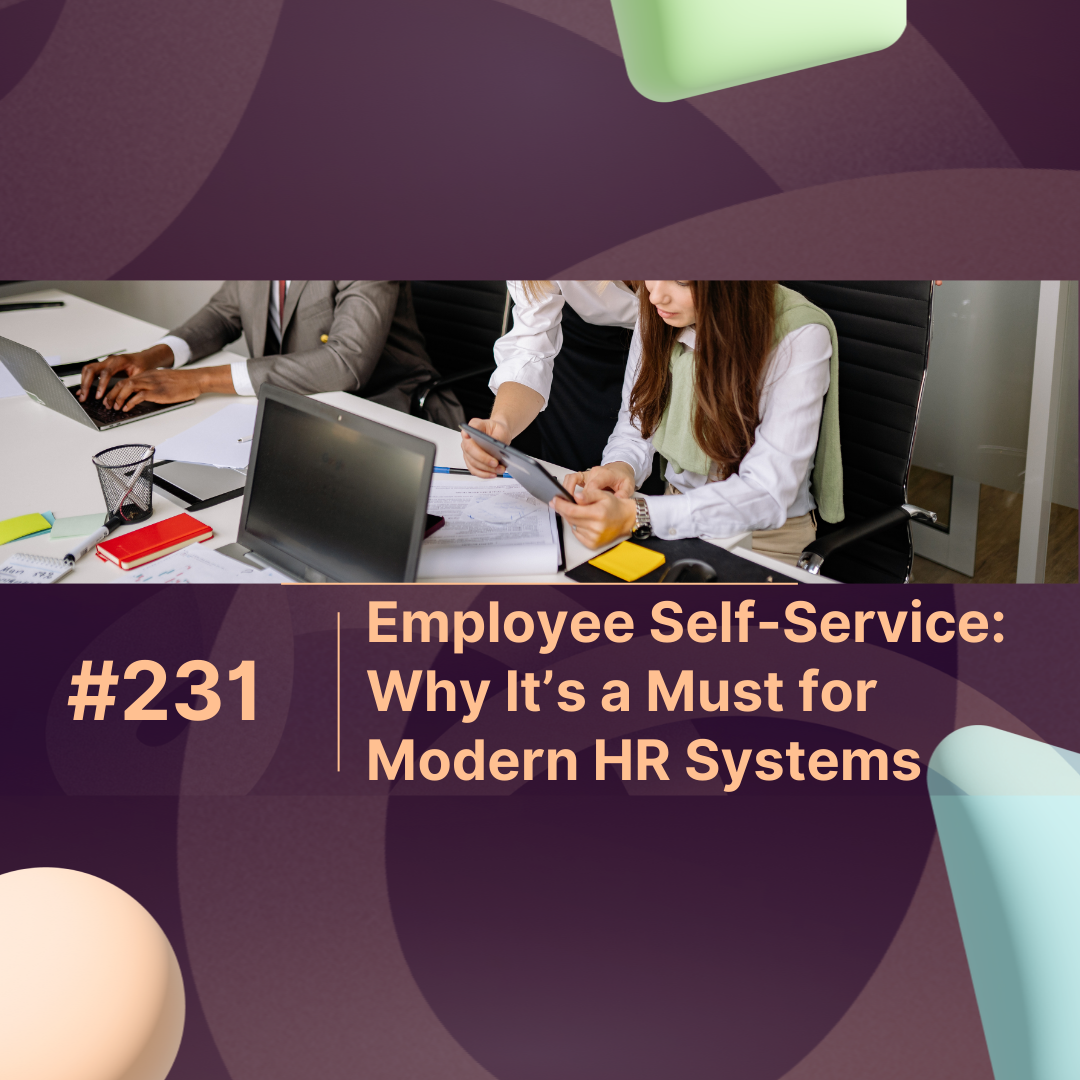Overview
As the UAE continues its ambitious Vision 2031 goals, Emiratisation in the UAE has become a key national priority ensuring more UAE Nationals play active roles in the private sector. For employers, understanding Emiratisation rules, targets, and benefits in 2025 is essential to stay compliant and contribute to the nation’s sustainable growth.
This guide explains what Emiratisation means, recent policy updates, employer obligations, and how HR systems like MaxHR help automate compliance tracking.
What Is Emiratisation in the UAE?
Emiratisation in the UAE is a government-led initiative by the Ministry of Human Resources and Emiratisation (MOHRE) designed to increase the participation of Emirati Nationals in the private workforce.
Direct Answer:
Emiratisation in the UAE is a national program that mandates private-sector companies to hire a specific percentage of Emirati citizens to promote local employment, reduce dependence on foreign labor, and achieve economic balance.
Why Emiratisation Matters in 2025
Emiratisation isn’t just a compliance checkbox — it’s a cornerstone of the UAE’s vision for a knowledge-based, inclusive economy. In 2025, private-sector employers are expected to go beyond minimum quotas and actively nurture Emirati talent.
Key reasons it matters:
Strengthens national identity and workforce diversity
Reduces dependency on expatriate labor
Encourages upskilling and knowledge transfer
Helps companies access government incentives
Emiratisation Targets and Deadlines for 2025
According to MOHRE, all private-sector companies with 50 or more employees must increase their Emirati workforce annually.
| Year | Emiratisation Target (Skilled Roles) | Applicable To | Penalty for Non-Compliance (per unfilled quota) |
|---|---|---|---|
| 2023 | 4% | Private companies with 50+ employees | AED 84,000 annually |
| 2024 | 6% | Same companies | AED 96,000 annually |
| 2025 | 8% | All relevant firms | AED 108,000 annually |
Companies that fail to meet the 2025 Emiratisation quota face monthly fines and potential suspension of new work permits.
How Employers Can Comply with Emiratisation in the UAE
1. Identify Eligible Roles
Review your organization chart and identify positions that can be localized — particularly in HR, finance, administration, and customer service.
2. Register on MOHRE Platforms
Ensure your company is registered with the Nafis program and MOHRE portals to post Emirati vacancies and report progress.
3. Use HR Automation Tools Like MaxHR
Manual tracking can lead to errors or missed deadlines. MaxHR, a UAE-based HR automation system, helps companies:
-
Monitor Emiratisation percentage in real time
-
Generate compliance reports automatically
-
Receive alerts before MOHRE deadlines
-
Simplify onboarding of Emirati employees
4. Offer Competitive Development Plans
Retention is as crucial as recruitment. Emirati employees value clear career growth paths, mentorship, and digital upskilling programs.
5. Collaborate with Nafis
Participate in the Nafis initiative, which connects Emiratis with private-sector employers and provides salary support and training funds.
Common Challenges in Meeting Emiratisation Goals
| Challenge | Impact on Employers | Recommended Solution |
|---|---|---|
| Limited candidate pool in niche industries | Delays in achieving quotas | Partner with local universities and Nafis |
| Lack of tracking systems | Risk of non-compliance fines | Automate reports via MaxHR |
| High turnover rates | Difficulty sustaining targets | Offer mentorship and career growth |
| Low awareness of MOHRE rules | Compliance gaps | Conduct HR training sessions |
Benefits of Effective Emiratisation Strategy
-
Government Incentives: Firms that meet targets often receive recruitment priority and visa processing advantages.
-
Enhanced Reputation: Supporting Emiratisation boosts your brand’s credibility and corporate social responsibility image.
-
Improved Retention: Emirati employees bring local insights and long-term loyalty when nurtured correctly.
-
Digital Compliance Ease: Automation tools like MaxHR reduce HR workload and ensure accurate reporting.
Conclusion
Emiratisation in the UAE is more than a mandate — it’s a movement toward sustainable growth, inclusivity, and innovation. Employers who embrace Emiratisation today are not just meeting legal obligations but actively shaping the UAE’s economic future.
With digital HR tools like MaxHR, compliance becomes effortless helping businesses track quotas, onboard Emirati talent, and remain aligned with MOHRE guidelines.
The future of HR in the UAE is automated, compliant, and inclusive — and Emiratisation is at its core.
FAQs on Emiratisation in the UAE
1. What is Emiratisation in the UAE?
It’s a national initiative by MOHRE to increase the number of Emiratis employed in private-sector roles, aiming for an 8% target by 2025.
2. Who must comply with Emiratisation targets?
All UAE-based private companies with 50 or more skilled employees are required to meet the annual Emiratisation quota.
3. What happens if a company doesn’t meet its Emiratisation quota?
Non-compliant firms face fines of AED 9,000 per month (AED 108,000 annually) for every unfilled position.
4. How can HR software help with Emiratisation compliance?
Tools like MaxHR automate quota tracking, generate compliance reports, and notify HR teams before deadlines.
5. What is the Nafis program and how does it support Emiratisation?
Nafis connects Emirati job seekers with private employers and offers training, salary subsidies, and mentorship opportunities.



